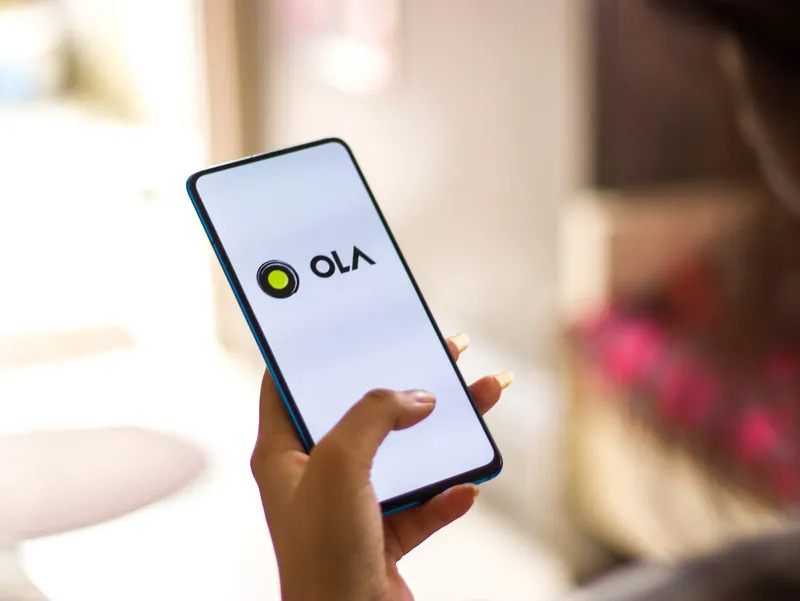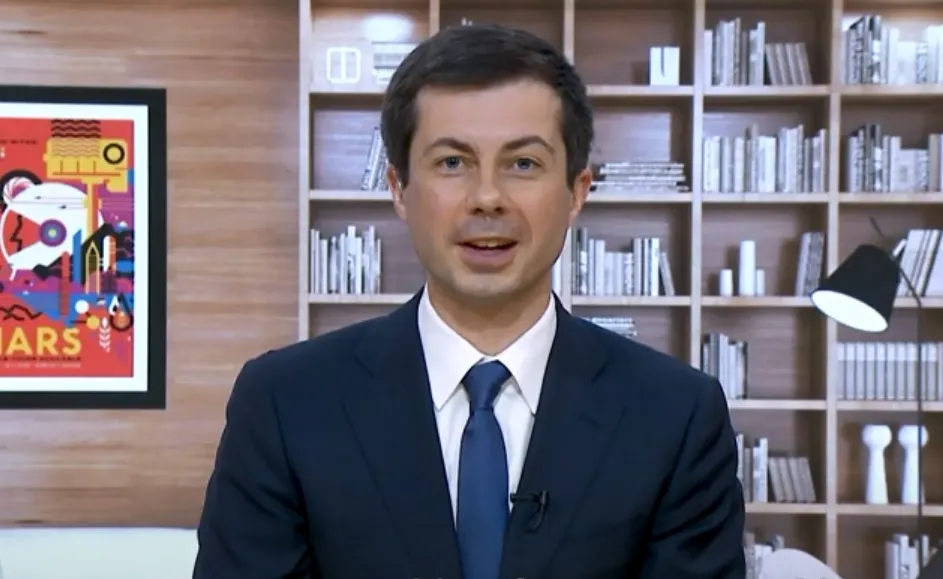
Transport for London (TfL) has refused to grant ride-hailing platform Ola a new private hire vehicle (PHV) operator's licence after discovering failures which could have risked public safety.
Helen Chapman, TfL's director of licensing, regulation and charging, says: “Through our investigations we discovered that flaws in Ola's operating model have led to the use of unlicensed drivers and vehicles in more than 1,000 passenger trips, which may have put passenger safety at risk.”
Ola also failed to draw these breaches to TfL's attention when they were first identified, TfL says.
The Indian ride-hailing company – which started operating in London in February – can appeal TfL’s decision to a magistrates’ court within 21 days.
“If they do appeal, Ola can continue to operate and drivers can continue to undertake bookings on behalf of Ola,” Chapman continues. “We will closely scrutinise the company to ensure passengers safety is not compromised.”
Last year, TfL stripped Uber of its private hire operator's licence following a change in the ride-hailing giant's system which allowed unauthorised drivers to upload photos to other driver accounts.
In September, Uber won an appeal to resume operating in London following a hearing at Westminster Magistrates' Court.









